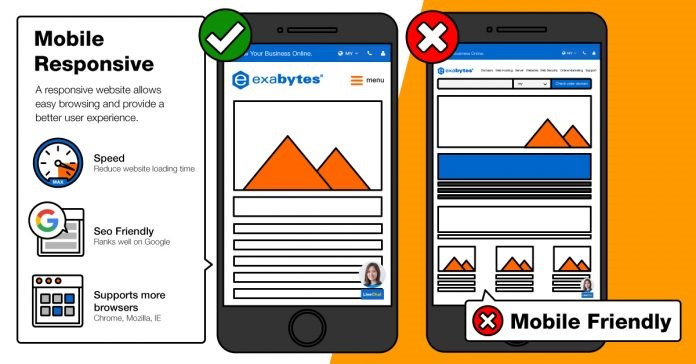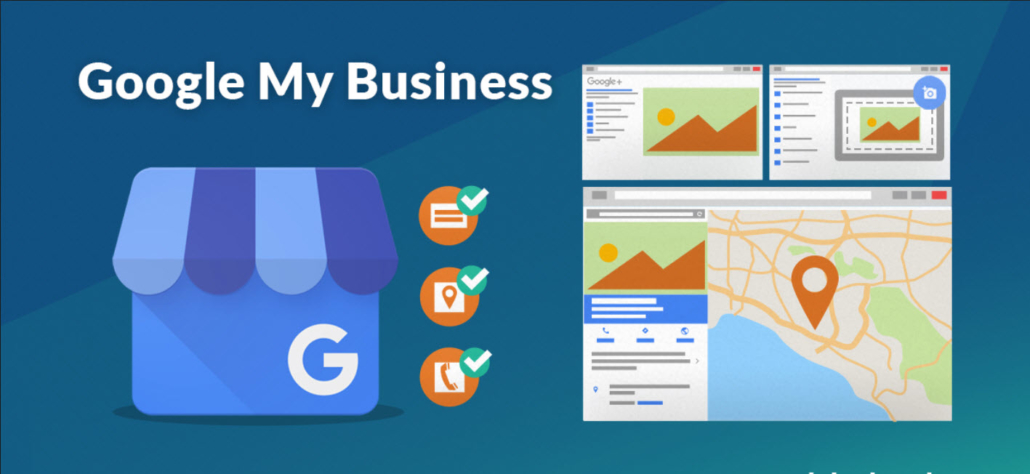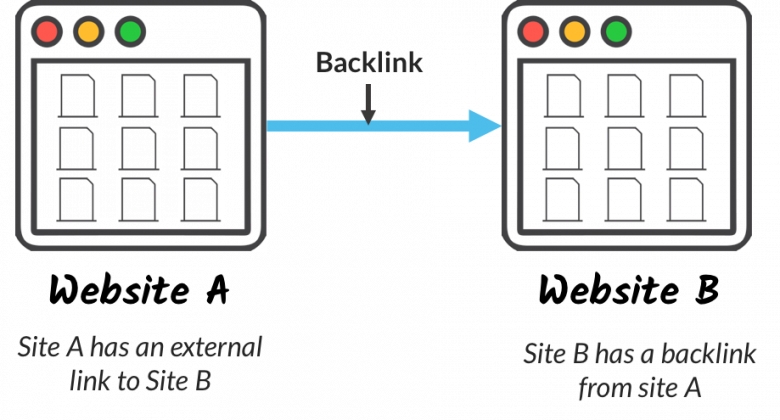In today's digital landscape, SEOhas become a critical aspect of online success. However, it can be a daunting task, even for seasoned professionals. With the ever-changing algorithms, search engineguidelines, and a myriad of factors to consider, avoiding SEOmistakes is essential to maintain and improve your website's search rankings.
Let's take a look at eight common stupid SEO tacticsthat even professionals sometimes make and provide practical tips to steer clear of these pitfalls. So, let's dive in and ensure your SEO strategystays on track!
Ignoring On-Page Optimization
One of the most fundamental SEOerrors professionals make is neglecting on-page optimization. On-page SEO refers to the process of optimizing individual web pages to rank higher in search results and earn more organic traffic. Elements such as meta tags, header tags, keyword placement, and content optimizationplay a crucial role in telling search engines what your contentis about.
How toAvoid It
To avoid this blunder, conduct a thorough on-page SEO audit for each page on your website. Start by optimizing meta titles and descriptions with relevant keywords to accurately represent the page's content. Use appropriate header tags to structure your content and make it more readable for both users and search engines. Focus on high-quality and valuable content that meets the needs of your target audience and incorporates relevant keywords naturally.
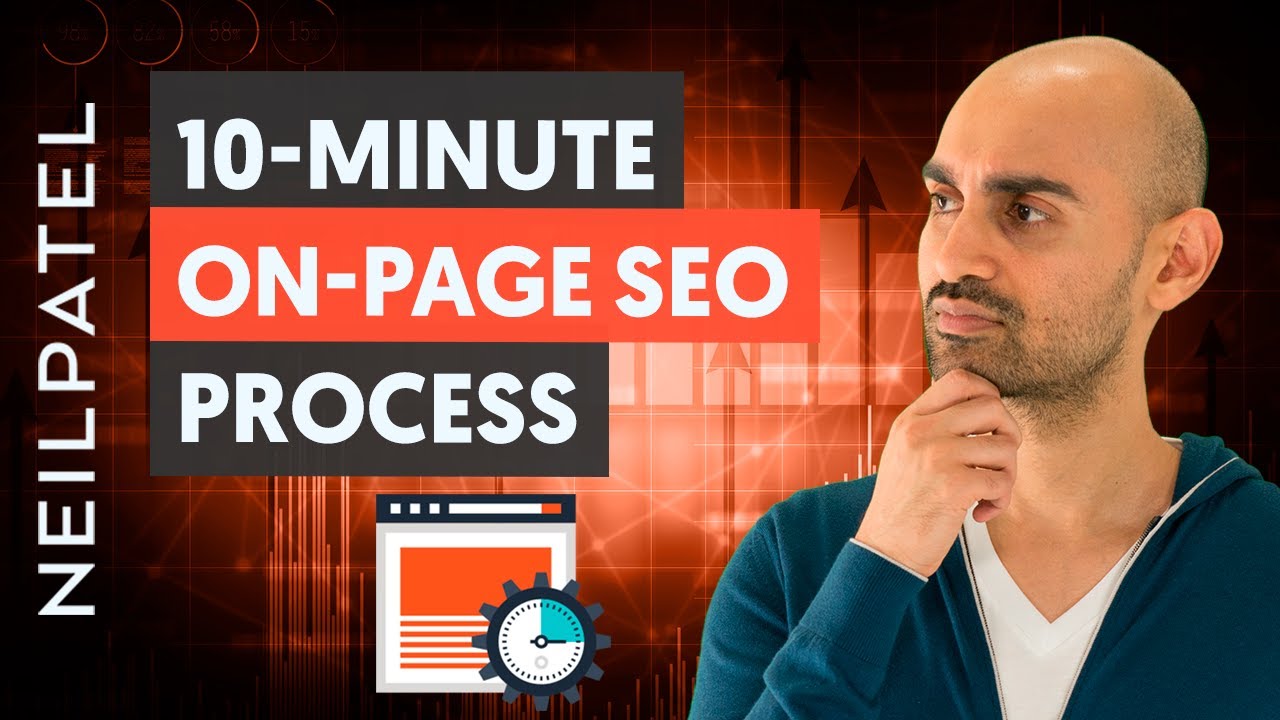
How to Optimize Your On-Page SEO in Less Than 10 Minutes
Neglecting Mobile-Friendly Design
With the increasing dominance of mobile devices, neglecting mobile-friendliness is one out of many stupid SEO tactics. Google now uses mobile-first indexing, which means it primarily uses the mobile version of a site for ranking and indexing. Failing to optimize your website for mobile devices can result in lower search rankings and decreased organic traffic.
How to Avoid It
To avoid this oversight, adopt a responsive web design that automatically adjusts the layout and content to fit different screen sizes and devices. This ensures that your website delivers an optimal user experienceacross various devices, including smartphones and tablets. Test your website's mobile-friendliness using tools like Google's Mobile-Friendly Test and fix any issues that may hinder user experience on mobile devices.
Overlooking Local SEO
For businesses with physical locations or local target audiences, neglecting local SEO is a missed opportunity. Local SEO focuses on optimizing your online presence to attract more local customers. By ignoring local SEO, you may miss out on potential customers in your vicinity.
How to Avoid It
To avoid this blunder, claim and optimize your Google My Businesslisting. Ensure that your businessinformation, address, phone number, and operating hours are accurate and up-to-date. Encourage customer reviews and engage with local communities through relevant online platforms. Implement location-based keywords in your content and meta tags to increase your visibility in local searches.
Neglecting Website Speed
In today's fast-paced digital world, website speed is a critical factor in user experience and SEO. A slow-loading website can frustrate users, leading to high bounce rates, which can negatively impact your search rankings.
How to Avoid It
Regularly monitor your website's speed using tools like Google PageSpeed Insights or GTmetrix. Optimize and compress images to reduce file sizes without compromising quality. Utilize browser caching and minify CSS and JavaScript files to reduce server response time. Invest in reliable hosting to improve your website's loading speed.
Ignoring The Power Of Backlinks
Backlinks, or inbound links from other websites to yours, remain a crucial factor in SEO. They signal to search engines the authority and relevance of your website. However, some professionals neglect link-building efforts, which can hinder their search rankings and organic traffic potential.
How to Avoid It
Develop a robust link-building strategy to acquire high-quality backlinks from authoritative websites within your industry. Create shareable and valuable content that naturally attracts backlinks from other webmasters and influencers. Engage in guest posting, influencer outreach, and directory submissions to build a diverse backlink profile. Remember, it's not just about quantity, but the quality of the links pointing to your site.
Neglecting Image Optimization
Images can significantly impact user engagement on your website. Failing to optimize images properly can lead to slow-loading pages, which can harm both user experience and SEO.
How to Avoid It
Before uploading images to your website, compress them to reduce file sizes without compromising quality. Use descriptive alt tags to help search engines understand the content of your images, which can also improve your website's accessibility. Consider using responsive images to ensure they display appropriately on various devices. Properly sized and optimized images will contribute to faster page loading and a better overall user experience.

How To Write Great Image Alt Text And Get More SEO Traffic
Disregarding Social Media Presence
Social mediaand SEO are interconnected. A strong social media presence can drive traffic to your website, increase brand awareness, and indirectly benefit your SEO efforts. Neglecting social media means missing out on potential SEO gains.
Social media platforms are powerful tools for engaging with your target audience, building brand awareness, and driving traffic to your website. By neglecting your social media presence, you miss out on valuable opportunities to strengthen your online visibility and indirectly enhance your SEO efforts.
How to Avoid It
To leverage social media for SEO benefits, consider the following strategies:
- Platform Selection -Identify the social media platforms most relevant to your business and target audience. Focus your efforts on these platforms to maximize your impact.
- Content Sharing - Share your website's content on social media regularly. Engage with your audience, encourage sharing, and foster meaningful interactions.
- Social Signals - Social signals, such as likes, shares, and comments, are considered by search engines as indications of content quality and relevance. Engaging content can attract more social signals and contribute to improved search rankings.
- Link Building-Social media platforms can be valuable for link building. When users share your content and link back to your website, it can enhance your backlink profile, which is beneficial for SEO.
- Social Media Advertising- Consider using social media advertising to reach a broader audience and drive targeted traffic to your website.
- Monitor Analytics -Track social media metrics and analyze the performance of your social media efforts. Use these insights to refine your strategy and make data-driven decisions.
By actively maintaining and nurturing your social media presence, you can effectively complement your SEO efforts, increase brand visibility, and attract more traffic to your website. Social media should be an integral part of your overall digital marketing strategy to ensure success in the modern online landscape.
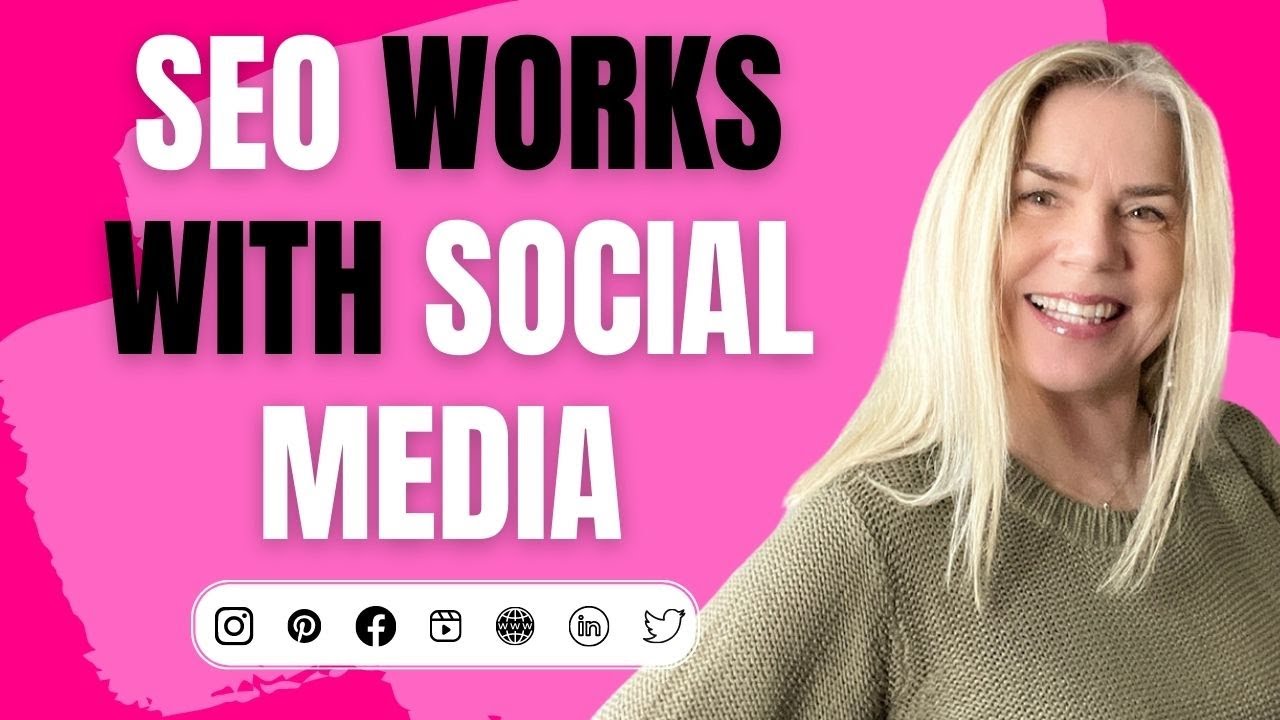
SEO for Social Media🥇 Do This First!
Ignoring Data Analysis
Data analysis is a crucial aspect of any successful SEO strategy. It involves using website metrics and performance data to make informed decisions and optimize your online presence. Neglecting data analysis can be detrimental to your SEO efforts, as it leads to missed opportunities for improvement and can hinder your overall website performance.
Many professionals make the mistake of overlooking the importance of data analysis in their SEO endeavors. They may rely on assumptions or gut feelings rather than data-driven insights, which can result in suboptimal outcomes. Without analyzing data, it becomes challenging to understand how your website is performing, what areas need improvement, and which strategies are effective.
How to Avoid It
To avoid this SEO mistake and harness the power of data-driven decisions, follow these steps:
- Utilize Analytics Tools -Make use of tools like Google Analyticsto track and measure various website metrics. These tools provide valuable insights into your website's performance, including traffic trends, user behavior, conversion rates, and more.
- Regular Monitoring -Regularly monitor your website's analytics data to identify patterns, trends, and potential issues. Keep track of key performance indicators (KPIs) to gauge the success of your SEO efforts.
- User Behavior Analysis -Understand how users interact with your website. Analyze factors like bounce rates, time spent on page, and click-through rates to assess the effectiveness of your content and user experience.
- Conversion Rate Optimization (CRO) -Analyze conversion funnels and identify areas where users may drop off. Implement CRO strategies to improve your website's ability to convert visitors into customers or leads.
- Keyword Performance -Analyze the performance of your target keywords. Identify high-performing keywords that drive traffic and conversions, as well as low-performing ones that may need optimization or replacement.
- Competitor Analysis -Study your competitors' data to gain insights into their strategies and identify opportunities for differentiation.
- A/B Testing -Conduct A/B tests to compare the effectiveness of different website elements, such as headlines, calls-to-action, and page layouts. Use the results to make data-backed decisions.
- Continuous Improvement -Use the data insights to continuously refine and enhance your SEO strategy. Stay agile and adapt to changes in user behavior and search engine algorithms.
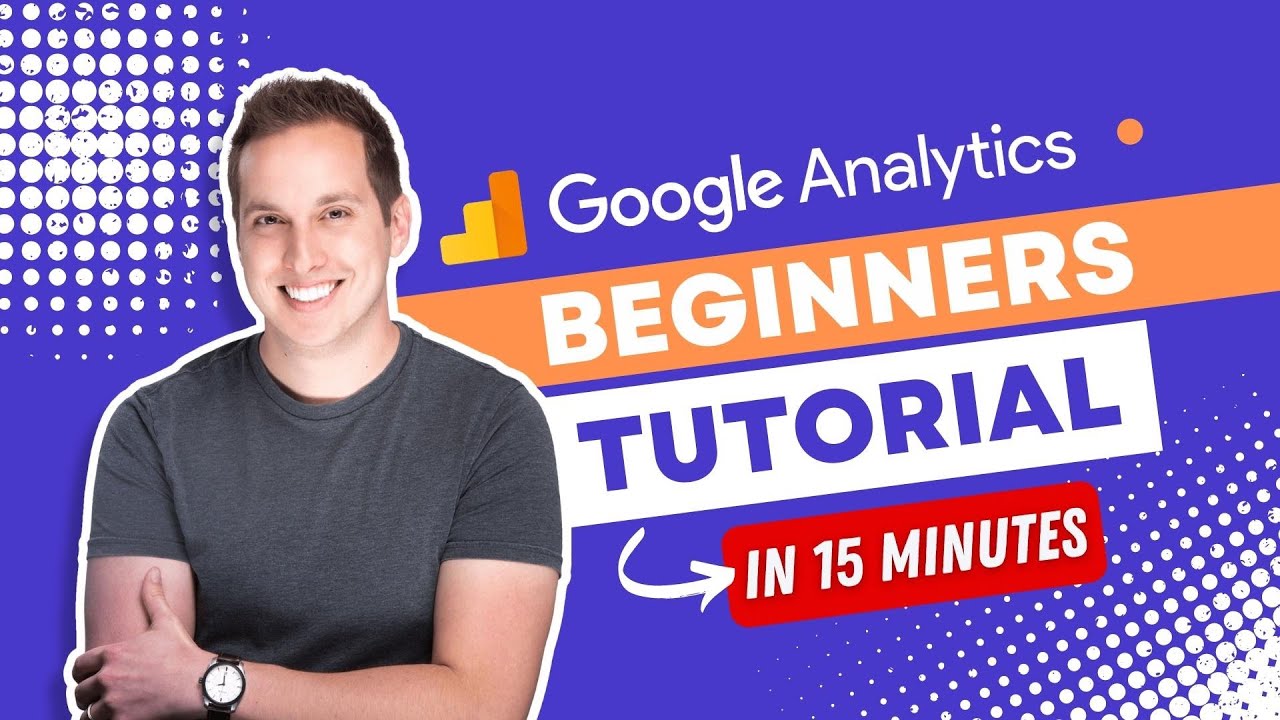
Google Analytics Beginners Tutorial 2023
By prioritizing data analysis and using the information obtained to shape your SEO strategy, you can create a more effective and successful online presence. Data-driven decisions lead to better user experiences, higher conversion rates, and ultimately, increased search rankings and organic traffic. Embrace the power of data and let it guide your path to SEO success.
People Also Ask
What Is The Most Effective SEO Tactic?
Refreshing Existing Pages.One of the most effective SEO tactics is regularly auditing and refreshing existing website pages. By updating content, incorporating new target keywords, and optimizing meta tags, you can improve search engine rankings and attract more organic traffic.
What Are The Weaknesses Of SEO?
Uncertainty and Risk. SEO comes with risks, and there are no guarantees of success. If a website is hit by a Google Penalty, it can lead to loss of existing traffic and sales. Additionally, investing in SEOdoes not guarantee immediate results, making it a risky form of online marketing.
Is SEO A Strategy Or Tactic?
SEO is a Strategy.SEO is an overall strategy that involves organizing a website's content by topic to enhance its chances of appearing in search results. It encompasses various tactics aimed at gaining organic traffic from search engines.
Is SEO A Hard Or Soft Skill?
SEO is a Hard Skill with Complementary Soft Skills.In SEO, hard skills refer to core technical abilities, such as creating SEO strategies and executing tactics. On the other hand, complementary soft skills, like effective communication and problem-solving, help SEO professionals succeed in their roles.
When Should You Not Use SEO?
5 situations when not to use SEO:
- Not searchable audience.
- Customers not online.
- Need fast results.
- Intense competition.
- Tight budget.
Conclusion
As an SEO professional, avoiding common stupid SEO tactics is crucial to achieving and maintaining high search engine rankings. By addressing these eight blunders and implementing best practices, you can optimize your website's performance, increase organic traffic, and stay ahead of your competition in the digital landscape.
Remember, SEO is an ever-evolving field, and continuous learning and adaptation are key to long-term success. So, keep experimenting, stay informed, and watch your website climb the search engine rankings!
